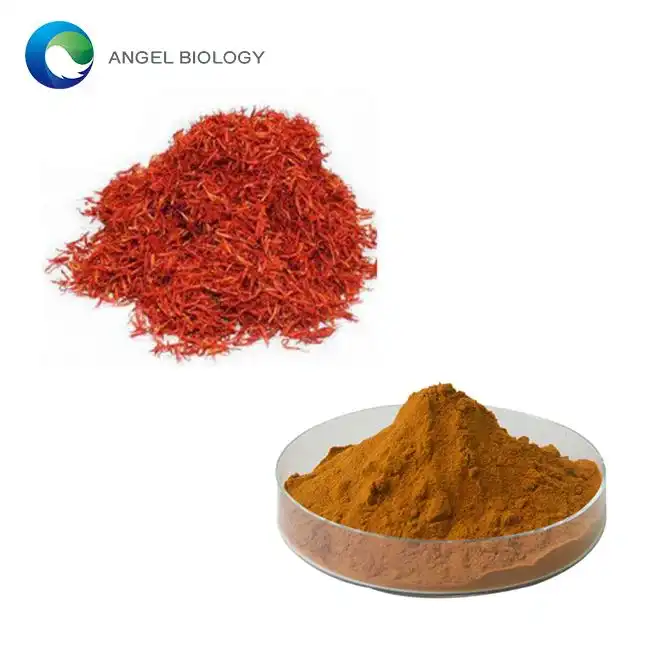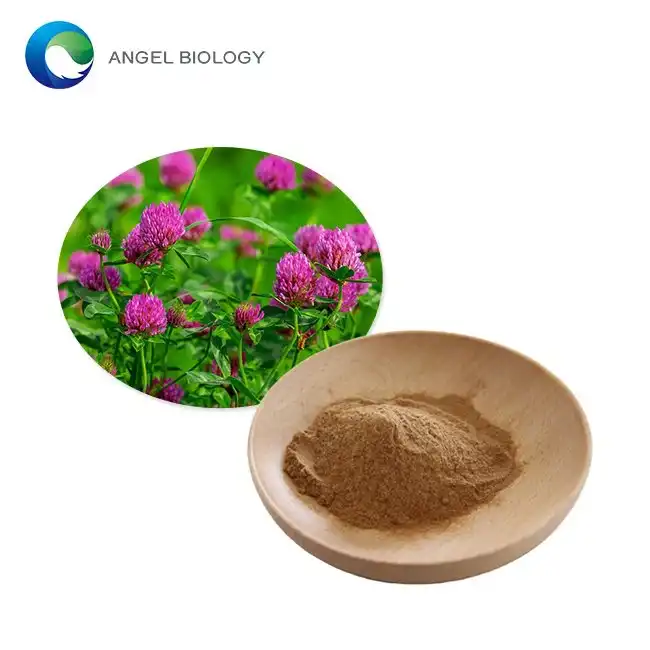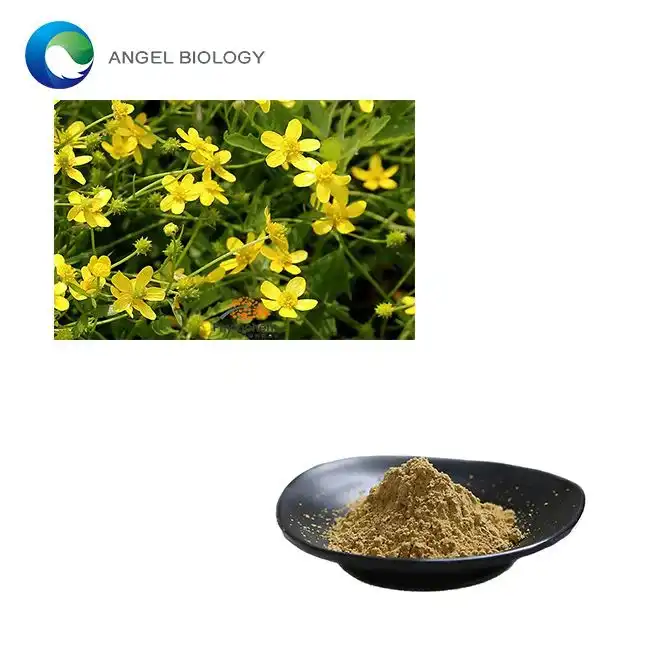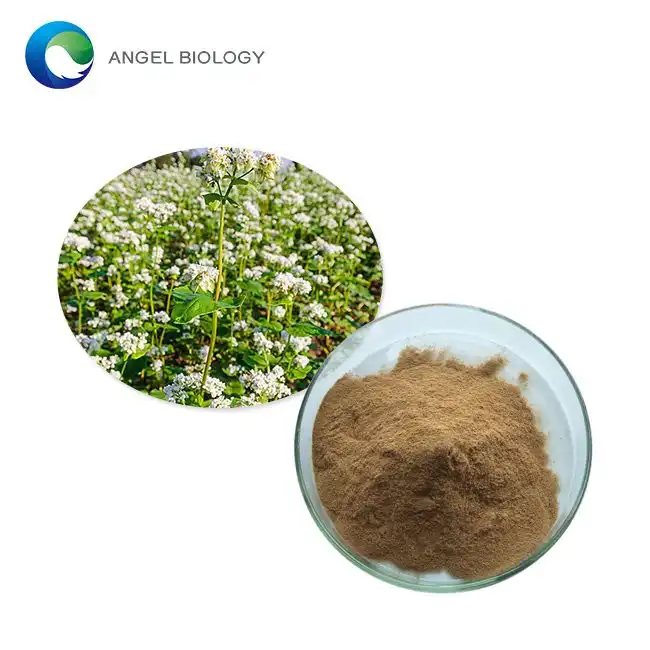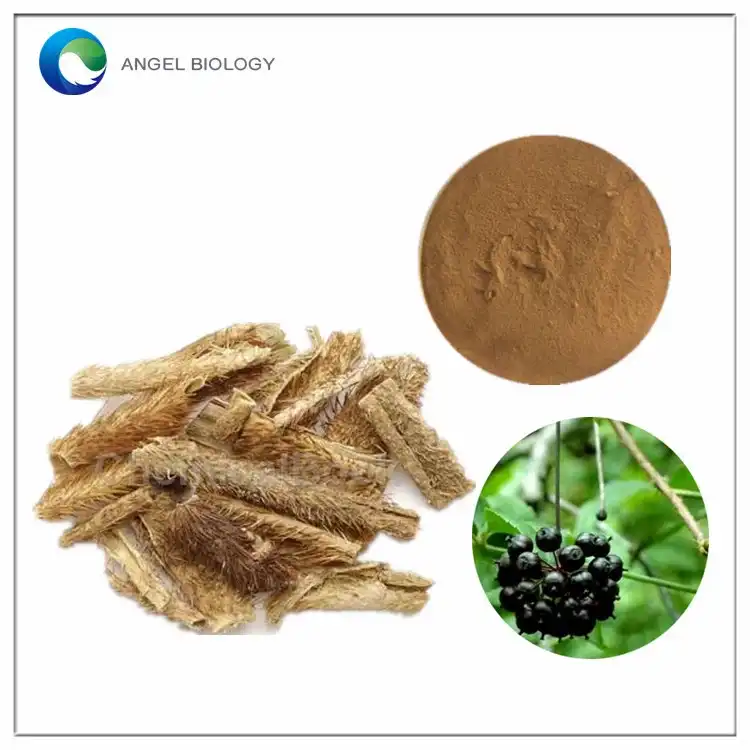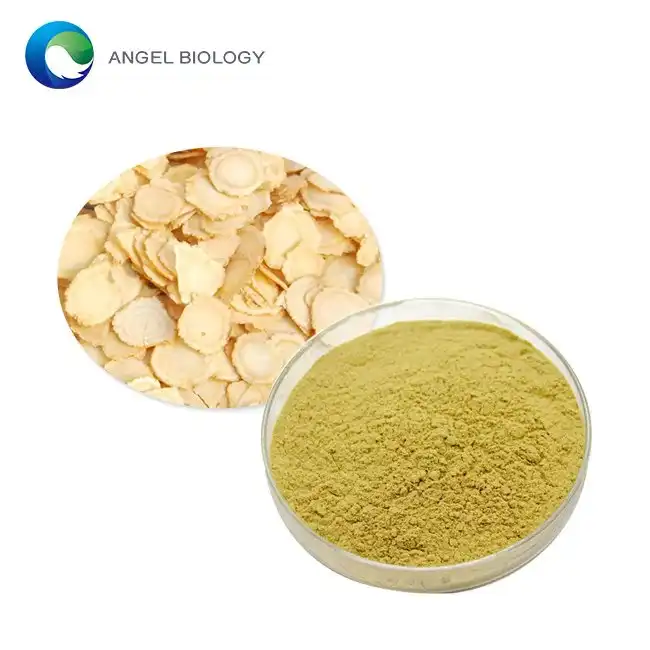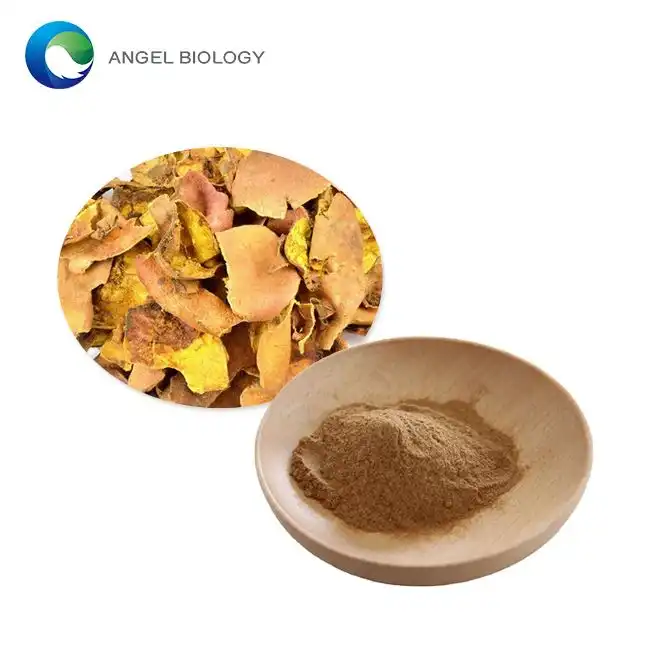Can Fenugreek Seed Powder Improve Milk Production in Breastfeeding Mothers?
Breastfeeding is a natural journey that many new mothers experience, often with challenges like insufficient milk production. Among various natural galactagogues, Fenugreek Seed Extract Powder has gained significant popularity. This ancient herb, Trigonella foenum-graecum, has been used for centuries in traditional medicine. Today, we'll explore the efficacy, usage, and benefits of Fenugreek Seed Extract Powder for breastfeeding mothers.
How Does Fenugreek Seed Extract Powder Stimulate Lactation?
The Science Behind Fenugreek's Galactagogue Properties
Fenugreek Seed Extract Powder contains bioactive compounds including diosgenin, tigogenin, and yamogenin - phytoestrogens that mimic estrogen properties. These compounds stimulate milk ducts and increase milk flow. Fenugreek Seed Extract Powder also contains soluble fiber that helps regulate blood sugar levels. Research suggests these compounds may influence prolactin production, a hormone essential for milk production. A study in the Journal of Alternative and Complementary Medicine found that mothers who consumed Fenugreek Seed Extract Powder experienced increased prolactin levels, correlating with enhanced milk production within 24-72 hours of supplementation.
Recommended Dosage for Optimal Milk Production
Finding the right dosage is crucial for optimal results. Most lactation consultants recommend starting with 580-610 mg of Fenugreek Seed Extract Powder, taken three times daily. Individual responses vary, and some mothers might require adjusted doses. It's advised to begin with a lower dosage and gradually increase until you notice a maple-syrup odor in your urine or sweat, indicating effective levels in your system. Fenugreek Seed Extract Powder comes in capsules, teas, and raw powder forms. Consistency is key – regular consumption at scheduled intervals throughout the day yields better results than sporadic usage.
Historical and Cultural Uses in Lactation Support
Fenugreek Seed Extract Powder has a rich historical background as a lactation enhancer across diverse cultures. In ancient Egypt, it was prescribed to nursing mothers to boost milk supply. Traditional Indian Ayurvedic medicine has recommended Fenugreek Seed Extract Powder for new mothers for over 6,000 years. Middle Eastern cultures incorporated fenugreek into postpartum recovery diets. These traditional practices have persisted through generations, suggesting long-standing observations of effectiveness. Modern interest represents a convergence of ancient wisdom and contemporary scientific validation.

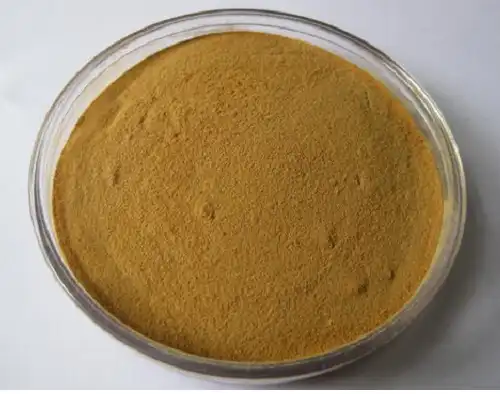
What Are the Additional Health Benefits of Fenugreek Seed Extract Powder for Nursing Mothers?
Blood Sugar Regulation and Postpartum Recovery
Beyond its role as a galactagogue, Fenugreek Seed Extract Powder offers benefits for blood sugar management. Its fiber content and amino acid composition slow carbohydrate absorption and improve insulin sensitivity, helping prevent energy crashes that many new mothers experience. Studies show that regular consumption may reduce fasting blood glucose levels by 10-20%, beneficial for mothers who experienced gestational diabetes. Additionally, Fenugreek Seed Extract Powder supports digestive health and has anti-inflammatory properties that may contribute to faster healing of birth-related tissue damage.
Nutritional Profile Supporting Maternal Health
Fenugreek Seed Extract Powder serves as a nutritional powerhouse for nursing mothers, offering essential vitamins and minerals. This supplement contains iron, helping combat postpartum anemia. A single tablespoon provides about 20% of the daily recommended iron intake. The powder is also rich in calcium, supporting bone health during lactation. Fenugreek Seed Extract Powder contains vitamins A and K, supporting immune function and tissue repair. Its protein content provides essential amino acids for recovery and ongoing health, addressing multiple nutritional needs while supporting milk production.
Anti-inflammatory and Antioxidant Properties
The anti-inflammatory and antioxidant capabilities of Fenugreek Seed Extract Powder offer benefits for mothers in the postpartum period. Research has identified flavonoids and saponins that combat oxidative stress and reduce inflammation. These compounds may help alleviate joint pain after childbirth, particularly following cesarean deliveries. The antioxidant properties support cellular repair, potentially accelerating healing of stretched abdominal muscles. Some preliminary studies suggest that regular consumption might reduce markers of systemic inflammation by up to 25% in postpartum women, which could mean less discomfort and faster recovery.
When Should Breastfeeding Mothers Start and Stop Taking Fenugreek Seed Extract Powder?
Timing Recommendations for Maximum Effectiveness
The timing of supplementation can significantly influence effectiveness. Lactation consultants typically recommend beginning after milk has initially come in, usually around 3-5 days postpartum. Starting too early may interfere with natural hormonal processes, while waiting too long might make addressing supply issues more challenging. For sudden drops in milk production due to illness or stress, beginning Fenugreek Seed Extract Powder at the first sign can help prevent further decreases. Most mothers report seeing improvements within 24-72 hours, with peak effects typically occurring after 1-2 weeks of consistent use. Establishing a regular schedule with doses spaced throughout the day maintains more consistent levels of active compounds in the bloodstream.
Duration of Use and Weaning from Supplementation
Understanding the appropriate duration for supplementation is essential. While some mothers may need to continue throughout their breastfeeding journey, many can gradually reduce or eliminate Fenugreek Seed Extract Powder once their milk supply stabilizes. Experts recommend continuing full supplementation for at least 2-3 weeks after milk supply normalizes, then beginning a gradual reduction. This tapering approach prevents sudden drops in production. When weaning from Fenugreek Seed Extract Powder, reducing the dosage by approximately 25% each week allows the body to adjust gradually. Throughout reduction, mothers should monitor milk output closely – if supply decreases again, they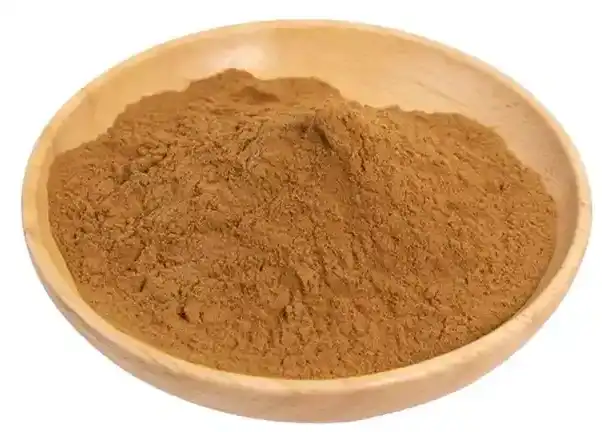 may need to return to a higher dosage.
may need to return to a higher dosage.
Potential Interactions with Medications and Medical Conditions
While generally considered safe, certain medical conditions warrant careful consideration before beginning supplementation. Women with diabetes should monitor their blood sugar levels closely, as Fenugreek Seed Extract Powder may enhance the effects of insulin. Those with thyroid disorders should exercise caution, as it may influence thyroid hormone levels. Mothers with allergies to plants in the Fabaceae family should approach with caution due to potential cross-reactivity. From a medication perspective, Fenugreek Seed Extract Powder may interact with blood-thinning medications and certain hormone-based medications. Women taking medications for diabetes, hypertension, or thyroid conditions should consult healthcare providers before beginning supplementation.
Conclusion
Fenugreek Seed Extract Powder appears to be a promising natural galactagogue for many breastfeeding mothers struggling with milk supply. Scientific evidence, combined with centuries of traditional use, suggests it can effectively stimulate lactation while offering additional health benefits. While individual responses may vary, and certain precautions should be observed, many women report positive experiences with this supplement. Before beginning any supplement regimen, consulting with healthcare providers remains essential to ensure safety and appropriate usage for individual circumstances.
Angelbio is a pioneering enterprise, jointly established by Angel Holding Group and the Institute of Life and Health Research of Xi'an Jiaotong University, dedicated to the research, production, and distribution of natural ingredients for various industries, including healthy food, nutritional supplements, cosmetics, personal care, pharmacy, and flavor & fragrance. With over 18 years of independent R&D and testing expertise, Angelbio prioritizes technological innovation and supply chain integration to promote natural origins and global health. Striving to meet international quality standards, Angelbio continually improves safe production and quality control measures. Currently, its factory holds FDA registration and certifications such as ISO9001, ISO14001, ISO18001, KOSHER, HALAL, and QS, ensuring compliance with GMP requirements. Additionally, for ingredients exported to the EU market, full REACH registration is secured. Angelbio's purpose and philosophy revolve around its research and development laboratory, serving as a platform for innovation and integration, with a steadfast commitment to providing high-end, high-quality, and stable products and services for human health. As a leading Fenugreek Seed Extract Powder manufacturer in China, Angelbio's products are trusted and praised by customers. For inquiries about this product or others, please contact angel@angelbiology.com for dedicated service. These represent Angelbio's corporate advantages.
References
1. Turkyılmaz C, Onal E, Hirfanoglu IM, et al. The effect of galactagogue herbal tea on breast milk production and short-term catch-up of birth weight in the first week of life. Journal of Alternative and Complementary Medicine. 2011;17(2):139-142.
2. Damanik R, Wahlqvist ML, Wattanapenpaiboon N. Lactagogue effects of Torbangun, a Bataknese traditional cuisine. Asia Pacific Journal of Clinical Nutrition. 2006;15(2):267-274.
3. Reeder C, Legrand A, O'Connor-Von SK. The effect of fenugreek on milk production and prolactin levels in mothers of preterm infants. Journal of Human Lactation. 2013;29(1):15-20.
4. Forinash AB, Yancey AM, Barnes KN, Myles TD. The use of galactogogues in the breastfeeding mother. Annals of Pharmacotherapy. 2012;46(10):1392-1404.
5. Zapantis A, Steinberg JG, Schilit L. Use of herbals as galactagogues. Journal of Pharmacy Practice. 2012;25(2):222-231.
6. Mortel M, Mehta SD. Systematic review of the efficacy of herbal galactogogues. Journal of Human Lactation. 2013;29(2):154-162.




